For the past three months, Ronnie Grigg’s cellphone has kept a grim tally.
A longtime harm reduction advocate and frontline worker in Vancouver’s Downtown Eastside, Grigg has an extensive network of contacts in the field. The community of frontline workers is tight-knit, and the impacts of May’s record-breaking overdose deaths hit them hard.
“Those statistics, those are people, faces we know,” Grigg said. “We’re texting each other with the names of people who’ve died. On top of the intensity of the response, there is this intensity of grief and what you might call community trauma.”
B.C. has begun easing restrictions as the spread of COVID-19 has slowed, but meanwhile the province’s rate of fatal overdoses has skyrocketed, catching community members and frontline workers in the crosshairs of the dual emergencies.
The stress of the past few months has left many workers and peer supporters run ragged, Grigg said, but their efforts often go unseen, especially in comparison to the months of nightly pot banging and cheering for the city’s doctors and nurses facing the virus in hospitals.
Grigg said many of the frontline workers he knows are starting to burn out, and he had to step away from working at overdose prevention sites for a while after the toll of responding to record-high overdoses became too much. But he’s quick to acknowledge that not everyone has that luxury.
A frontline worker who isn’t substance-dependent might be able to take a break for a few months or work somewhere else, he said, but peers providing services to other drug users often don’t have a choice but to help.
“This is a community that refuses to be bystanders or be victimized. It’s a community that’s insisting on being part of the response. But the darker side of that is often that people with lived experience, depending on where they are in their stabilization, often don’t have other options.”
Grigg runs a non-profit, the Zero Block Society, as a way to help centralize support for the frontline worker and peer supporter community.
“Zero Block is reference to the zero block of East Hastings. We’re kind of the epicentre of the overdose crisis, but also [the epicentre] for services, and response,” Grigg said. “We’re working on projects to support frontline workers, on tech projects to help, and peer projects.”
As the coronavirus response was ramping up, there was deep fear that it could devastate the Downtown Eastside community, Grigg said. Services like food and access to safe consumption sites were scaled back, and policies like bans on guests were implemented at some social housing providers.
The community was prepared for virus outbreaks far worse than what actually happened.
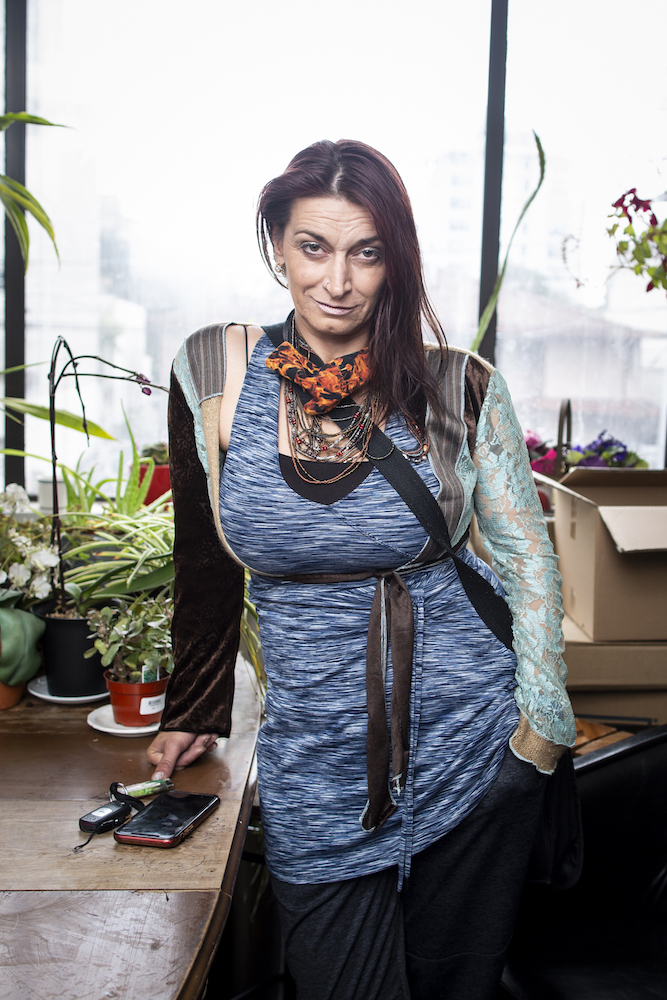
As a former frontline worker, Erica Thomson has experienced burnout.
“I had a meltdown,” she said. “I remember sitting in my vehicle and just crying for about two hours,” she said.
Thomson recently took over as the executive director of the BC-Yukon Association of Drug War Survivors and helped stage a ‘safer supply’ demonstration where advocates and users gave out free and tested cocaine and opium. Virtually everyone she knows, Thomson said, knows someone who has died from a street drug supply that is dangerously tainted with fentanyl and other adulterants.
“It’s heartbreaking, and it’s infuriating,” Thomson said. “It’s really hard on frontline workers to be the ones connecting people with services that can seem like a revolving door.”
She said frontline workers who have been battling the overdose crisis for years deserve the same recognition that doctors and nurses got for facing the coronavirus pandemic.
“You saw it with all the applause and how it helped our doctors and nurses when it comes to everybody’s lives, but when it’s certain people’s lives it doesn’t really matter,” Thomson said.
Scroll down to meet more faces of the front lines.
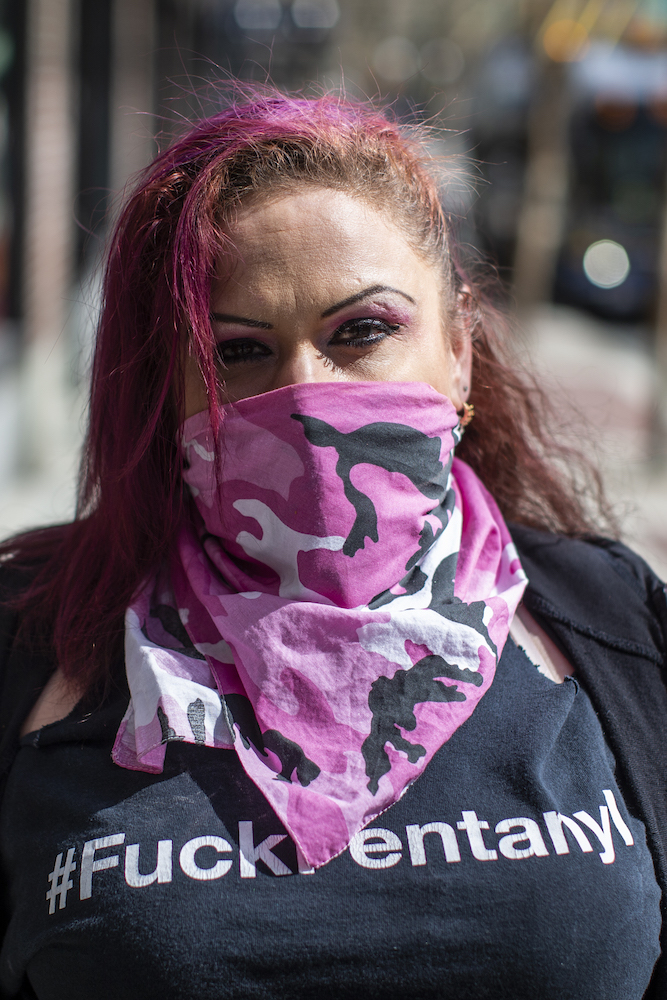
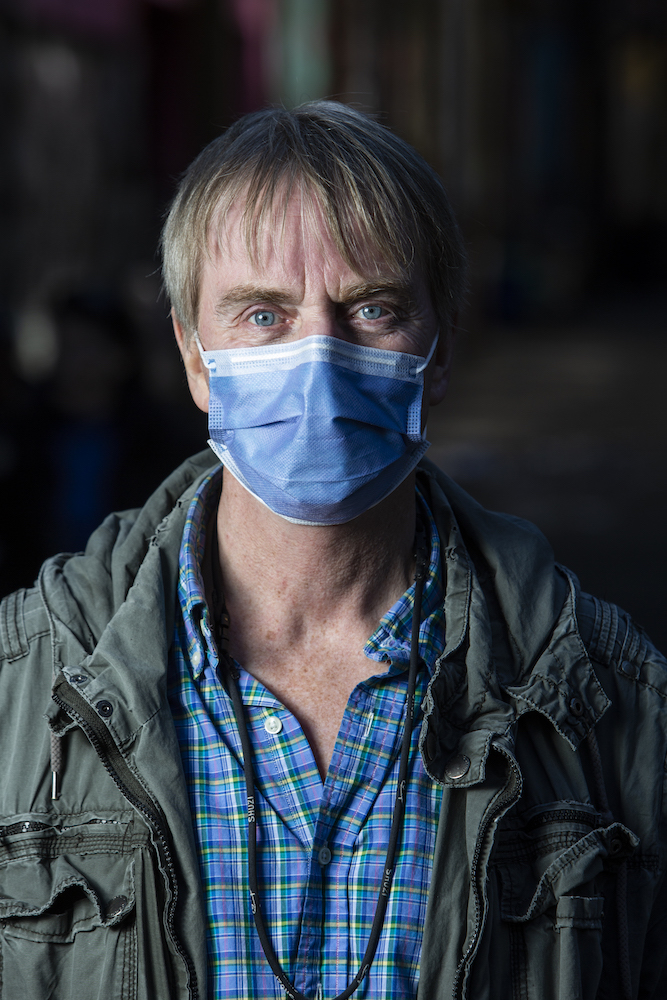
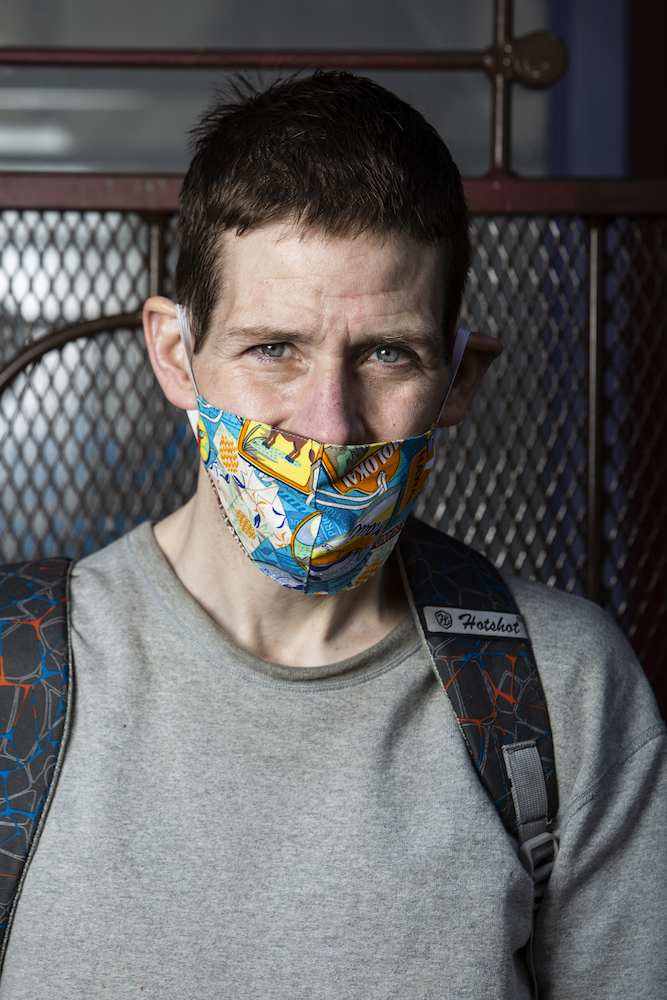
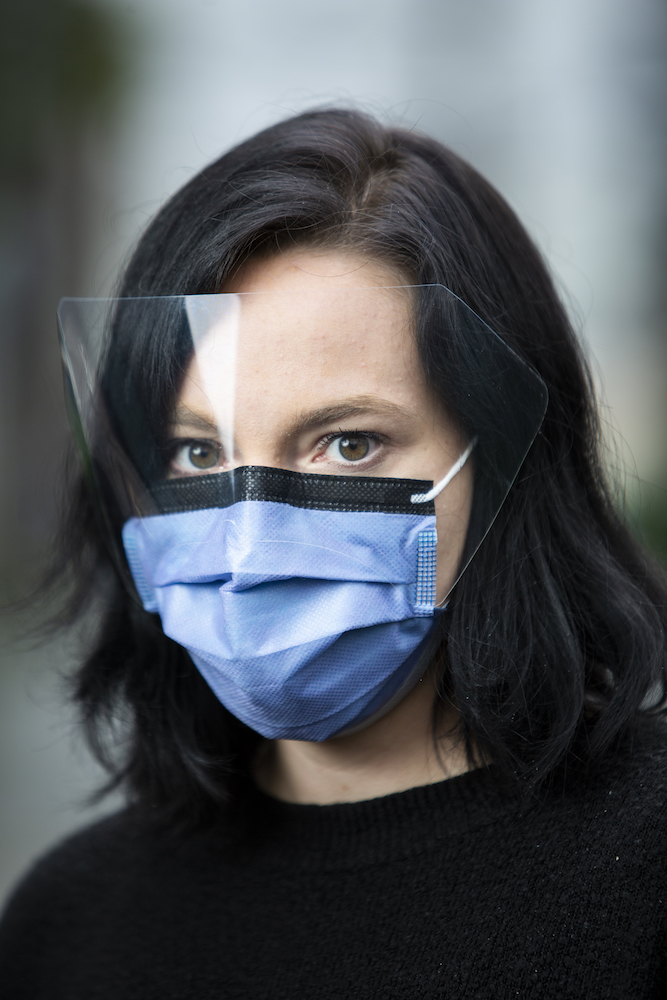
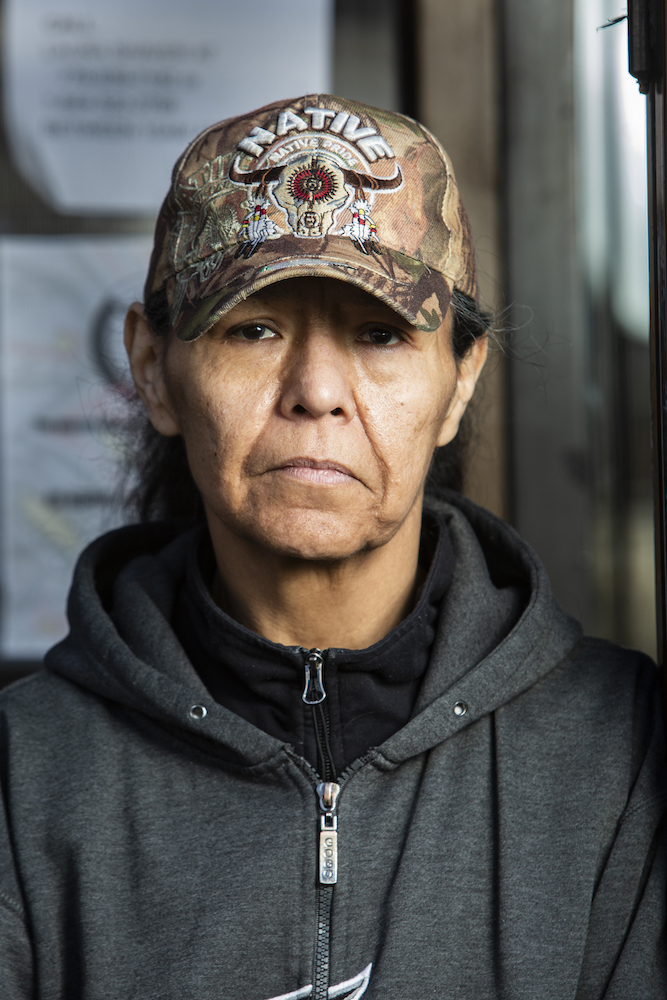
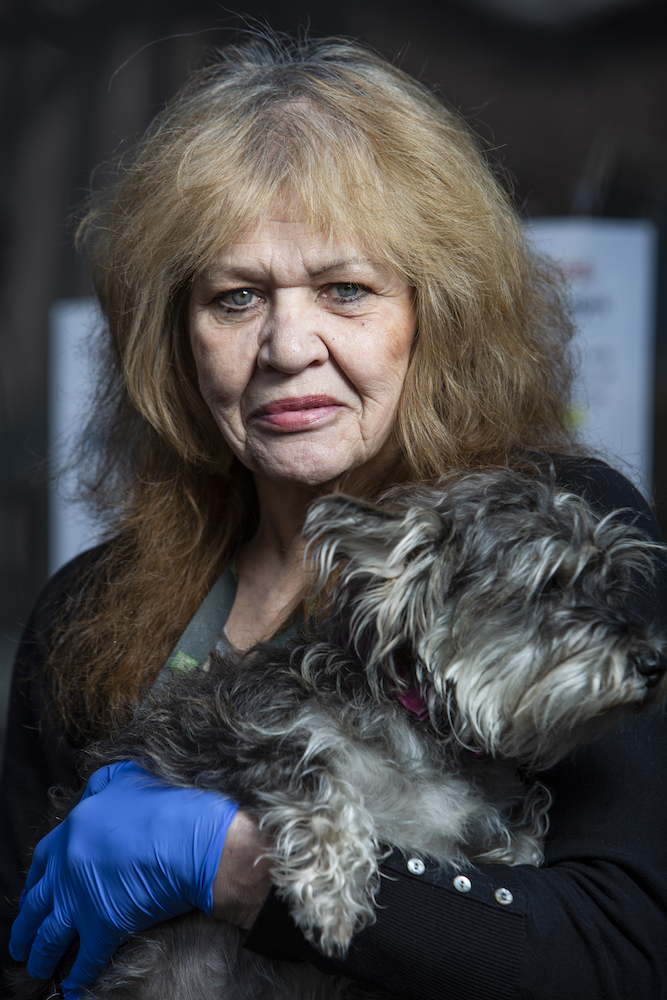
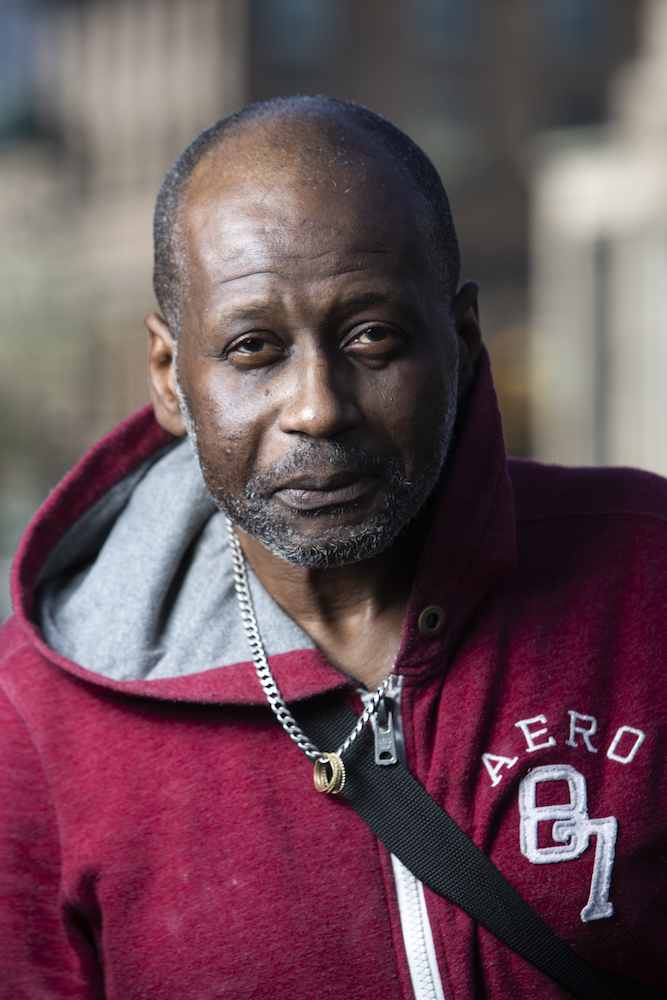
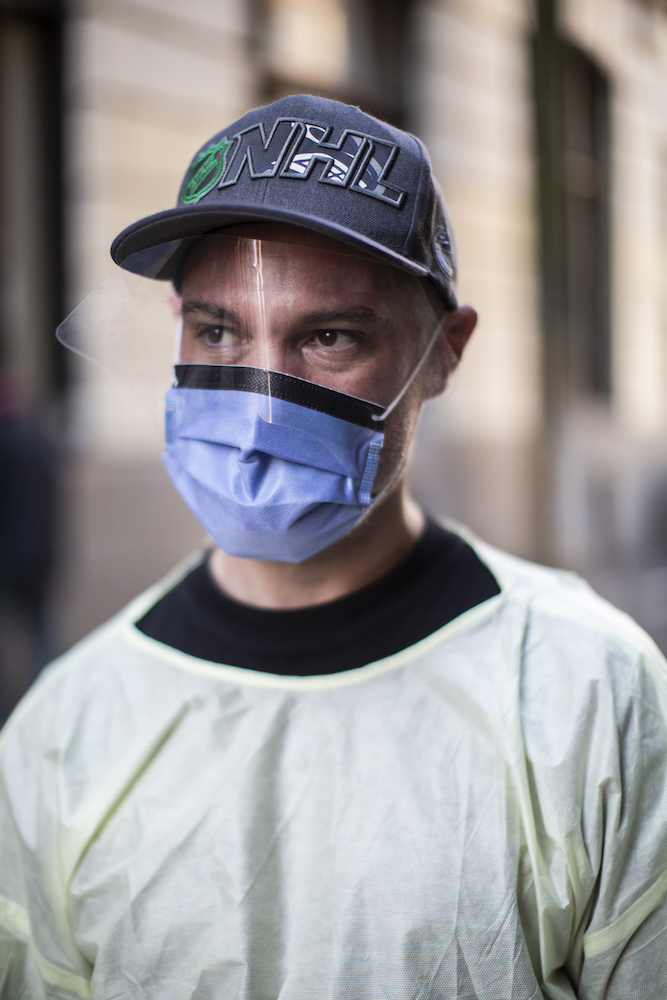
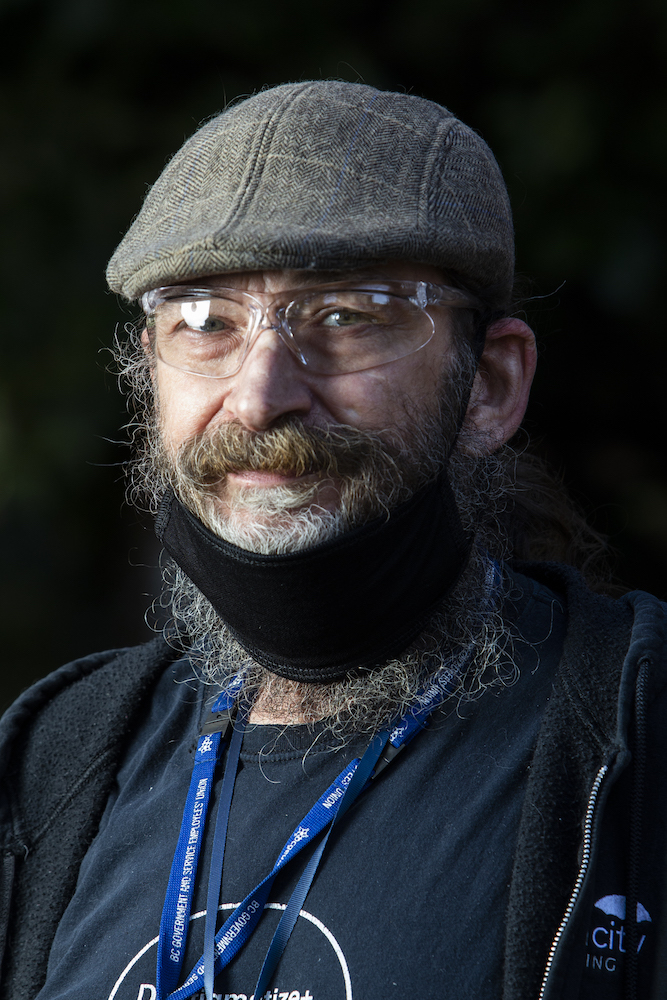
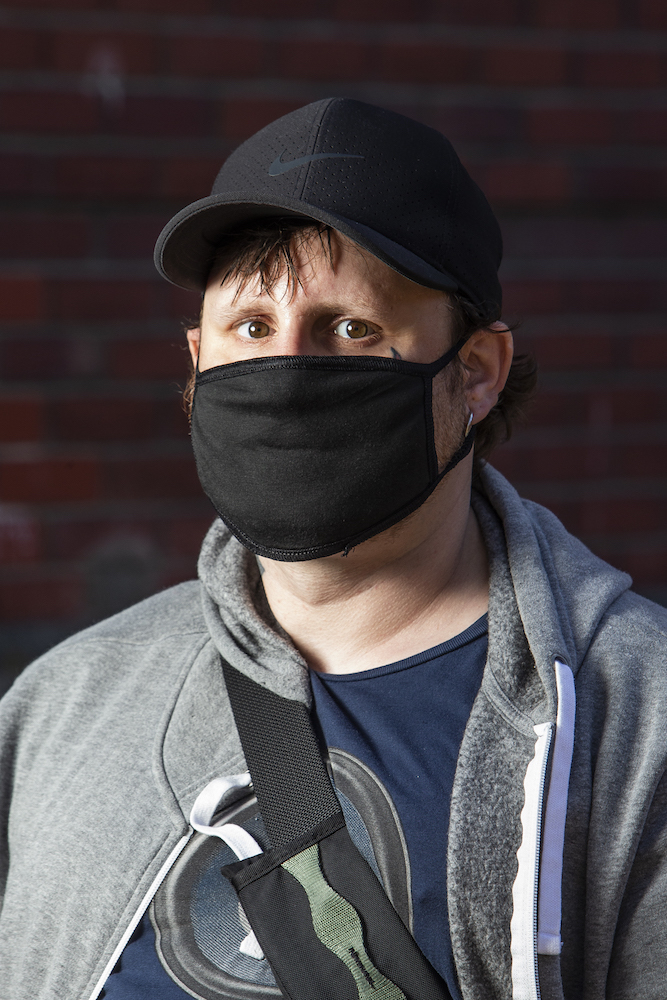
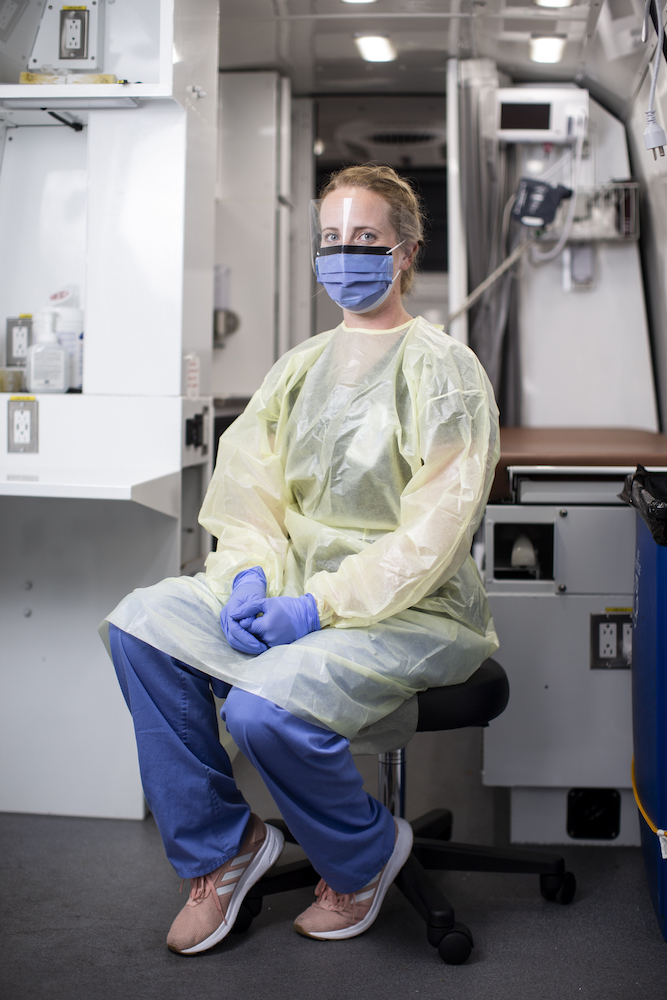
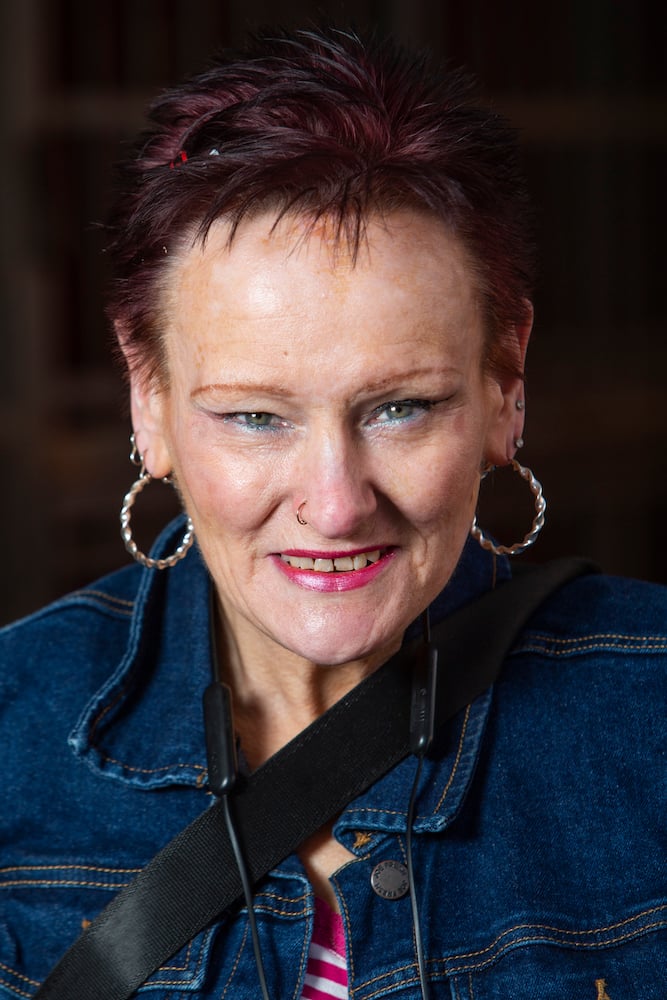
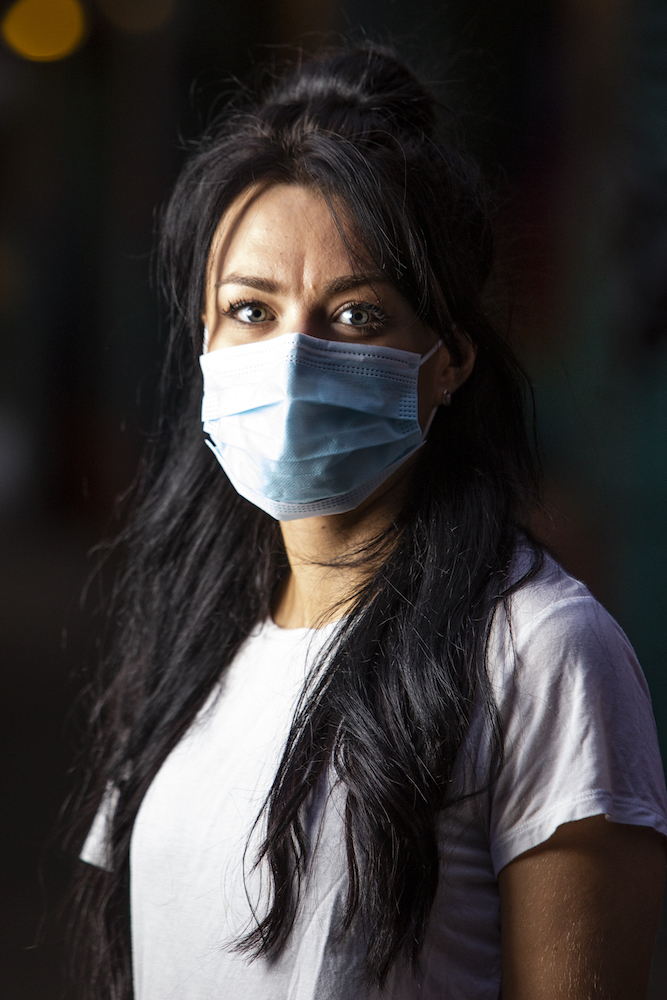
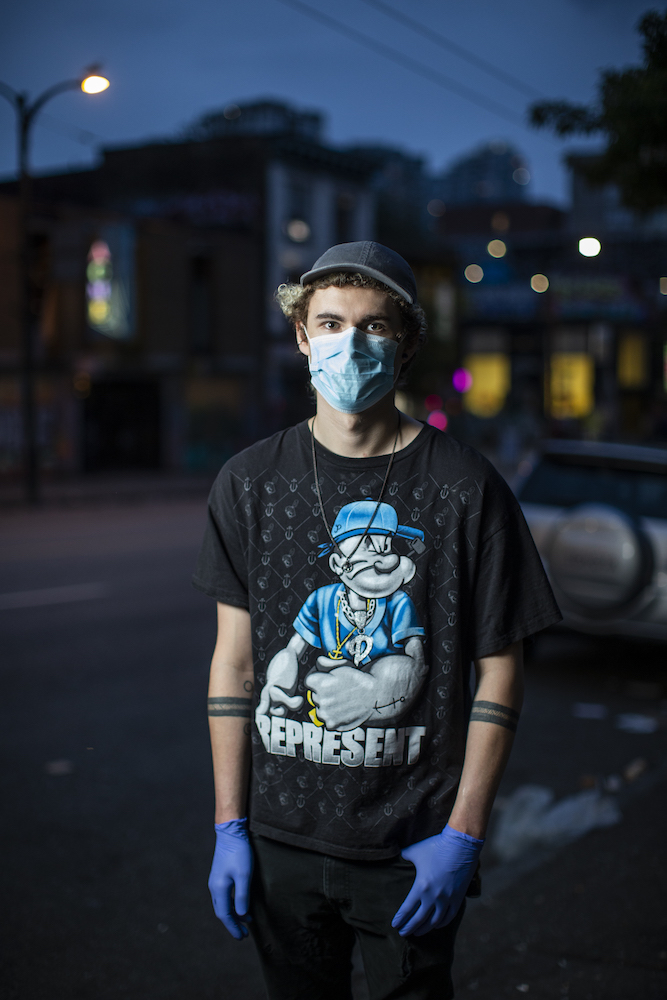
Read more: Health, Coronavirus, Photo Essays


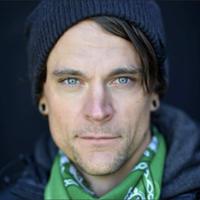
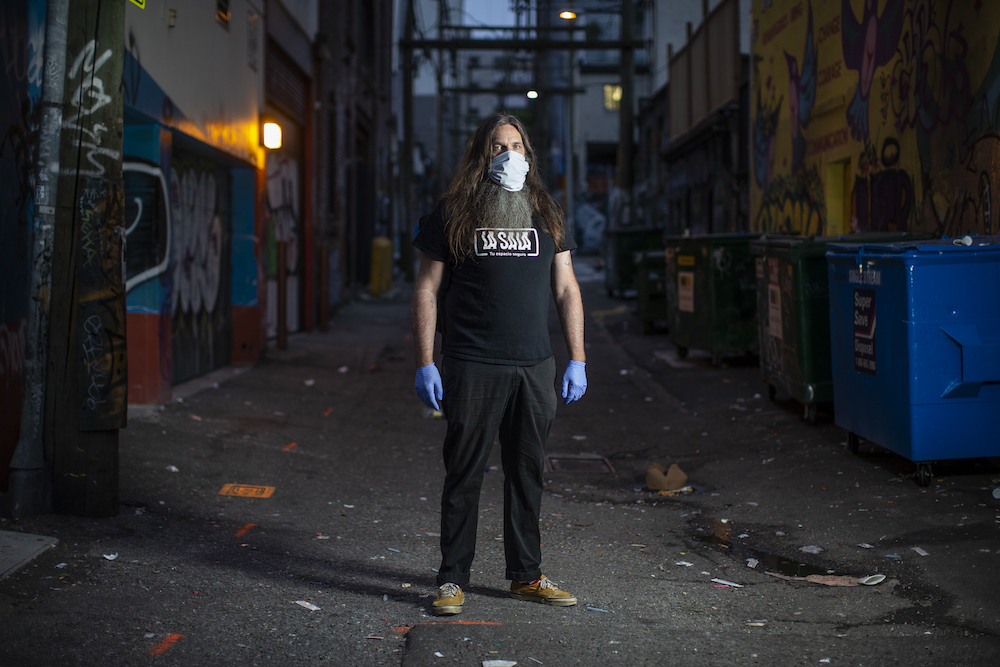












Tyee Commenting Guidelines
Comments that violate guidelines risk being deleted, and violations may result in a temporary or permanent user ban. Maintain the spirit of good conversation to stay in the discussion.
*Please note The Tyee is not a forum for spreading misinformation about COVID-19, denying its existence or minimizing its risk to public health.
Do:
Do not: